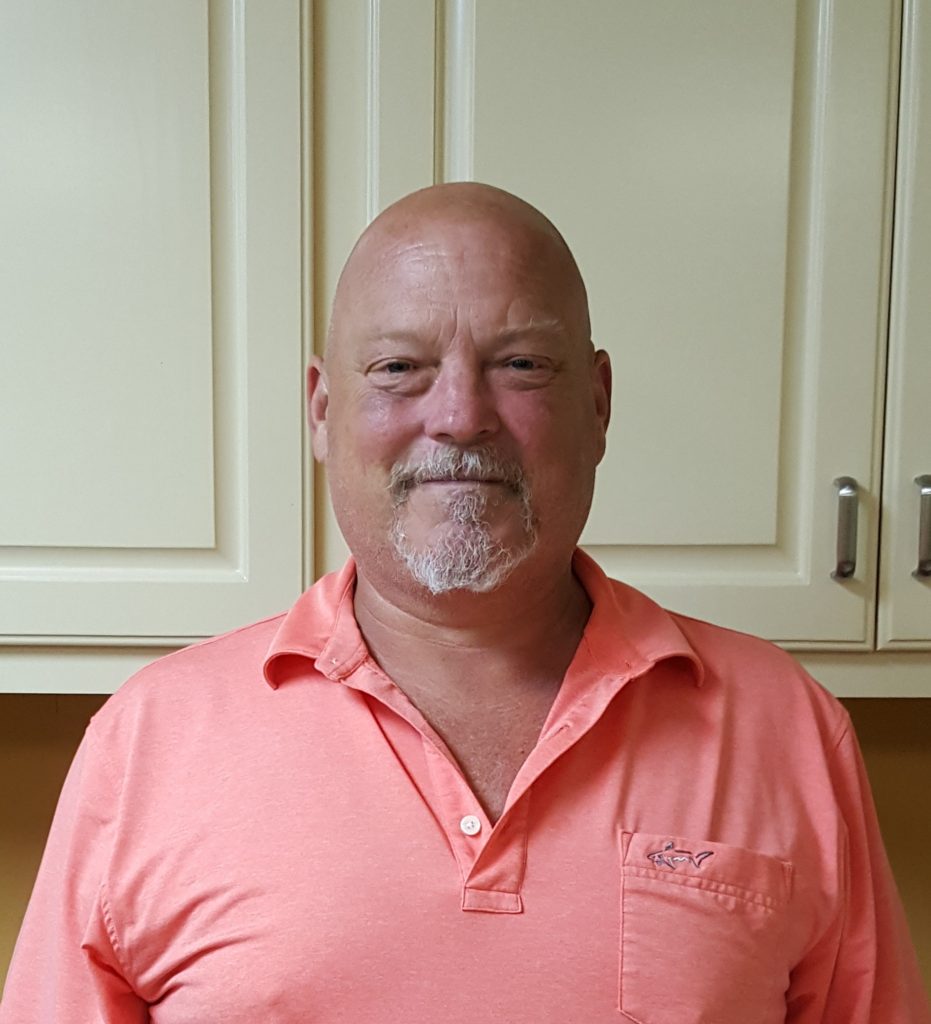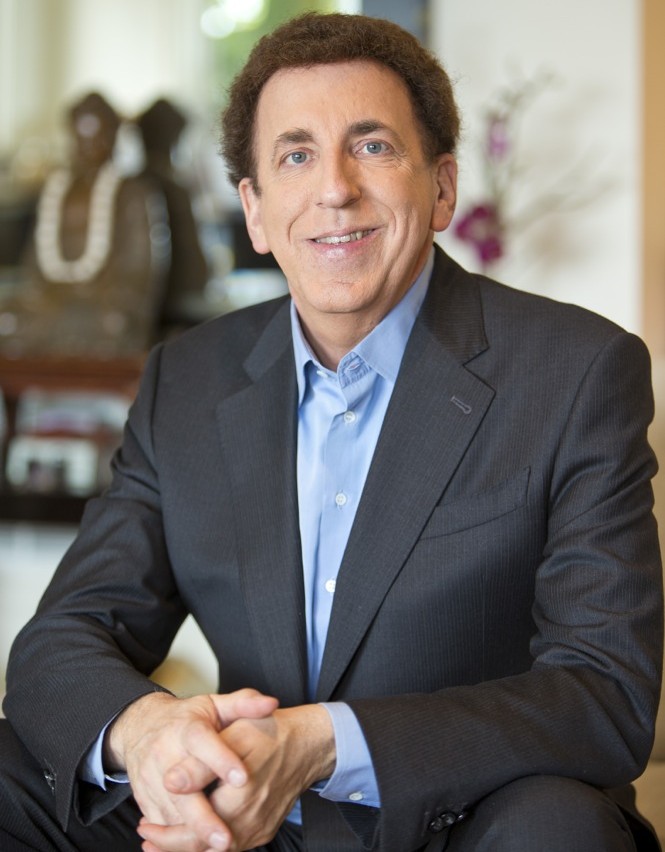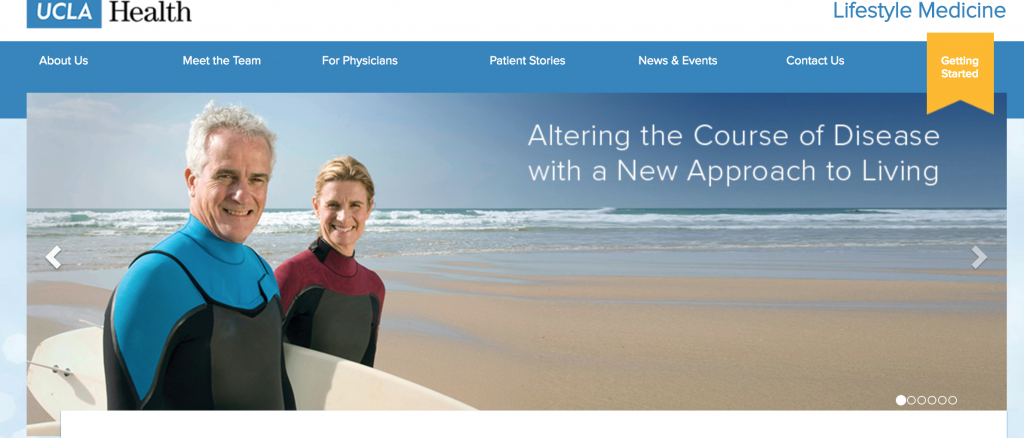
Lifestyle Medicine Comes of Age
What’s the most exciting trend in healthcare today? Lifestyle medicine—that is, using comprehensive lifestyle changes to reverse many of the most common chronic diseases as well as to help prevent these—either in combination with drugs and surgery or often as an alternative.
There is a convergence of forces that make Lifestyle Medicine the right idea at the right time
I’m writing this from the annual meeting of the American College of Lifestyle Medicine, a gathering of over a thousand physicians in Naples, Florida. Attendance has doubled each year since the conference began three years ago.
A few months ago, the American College of Cardiology held its first symposium on lifestyle medicine at their annual international scientific sessions in Chicago. This six-hour symposium was chaired by Dr. Kim Williams, the President of the American College of Cardiology, and over a thousand cardiologists attended.
Dr. Williams became interested in lifestyle medicine when he found that his own cholesterol level was high and wanted to avoid taking cholesterol-lowering drugs for the rest of his life. He did a review of the scientific literature, came across our work, made comprehensive lifestyle changes, and reduced his cholesterol level by 50% without drugs.
Why now?
There is a convergence of forces that make this the right idea at the right time. Randomized controlled trials have shown that drugs and surgery are less effective than had once been believed in treating and preventing the most common chronic diseases. At the same time, lifestyle medicine interventions are more effective than had previously been documented.
The Healing Power of Lifestyle Medicine
For almost four decades, my colleagues and I at the non-profit Preventive Medicine Research Institute and the University of California, San Francisco have conducted clinical research proving the many benefits of comprehensive lifestyle changes. These include:
- a whole foods, plant-based diet (naturally low in fat and refined carbohydrates).
- stress management techniques (including yoga and meditation).
- moderate exercise (such as walking).
- social support and community (love and intimacy).
In short—eat well, move more, stress less, and love more.
Many people tend to think of advances in medicine as only those that are high-tech and expensive, such as a new drug, laser, or surgical procedure. They often have a hard time believing that something as simple as comprehensive lifestyle changes can make such a powerful difference in our lives—but they often do.
In our research, we’ve used high-tech, expensive, state-of-the-art scientific measures to prove the power of these simple, low-tech, and low-cost interventions. These randomized controlled trials and clinical research studies have been published in the leading peer-reviewed medical and scientific journals.
We showed that these comprehensive lifestyle changes:
- Reverse the progression of even severe coronary heart disease. There was even more reversal after five years than after one year and 2.5 times fewer cardiac events.
- Reverse the progression of type 2 diabetes, high cholesterol levels, hypertension, and obesity.
- Slow, stop, or reverse the progression of early-stage prostate cancer.
- Beneficially changes the expression of your genes in over 500 genes in only three months.
- Lengthen telomeres, thereby begin to reverse aging at a cellular level.
- Substantially reduce the need for bypass surgery and stents, saving $30,000 per patient in the first year and cutting health care costs by 50% in the first year.
Because of these findings, in 2010 CMS created a new benefit category, intensive cardiac rehabilitation, to provide Medicare reimbursement for our lifestyle medicine program for reversing heart disease. Many insurers are also covering these lifestyle medicine programs, including Anthem, Aetna, HMSA, Blue Shield of California, Highmark Blue Cross Blue Shield, and others.
The Limitations of Drugs and Surgery
Drugs and surgery can be lifesaving, especially in treating infectious diseases and when patients are unstable—such as in the middle of a heart attack. But their limitations in treating many chronic diseases are becoming increasingly well-documented.
Last week, for example, a randomized controlled trial was published in The New England Journal of Medicine showing that after ten years, men with early-stage prostate cancer who underwent surgical removal of their prostates or radiation treatments did not live longer than those who did nothing. However, my colleagues and I conducted a randomized controlled trial showing that comprehensive lifestyle changes may slow, stop, or even reverse prostate cancer.
As another example, a meta-analysis of eight randomized controlled trials showed that stents and angioplasties do not prolong life or prevent heart attacks in most stable patients.
In the landmark Diabetes Prevention Program study, comprehensive lifestyle changes worked better than drugs at preventive type 2 diabetes. In the NAVIGATOR and ACCORD studies, reducing blood sugar with drugs did not prevent premature mortality and the horrible complications of diabetes.
Yet comprehensive lifestyle changes may reverse the progression of heart disease, early-stage prostate cancer, and type 2 diabetes.
Knowing the power of lifestyle changes, it’s important to make it easier for people to make healthier choices in their lives. New research from Gallup and Healthways ranks cities by the incidence of adults who have had a heart attack. Not surprisingly, communities that invest in bike paths, parks, walkability and public transit have residents with better outcomes in key aspects of well-being, including heart disease. Those with heart problems often need additional social support, structure and resources to successfully make sustained lifestyle changes. The field of lifestyle medicine is growing rapidly to address these needs, empowering individuals to transform their health and reverse chronic disease.
In collaboration with Healthways, a division of Sharecare, my colleagues and I are training hospitals, physician groups, and health systems throughout the country in our lifestyle medicine program, creating a new empowering paradigm of health care. We’re documenting bigger changes in lifestyle, better clinical outcomes, larger cost savings, and better adherence than have ever before been shown.
For more information and free resources on how lifestyle medicine program can transform your life, please go to www.ornish.com.








